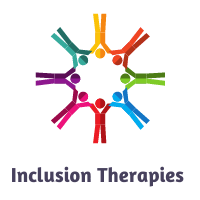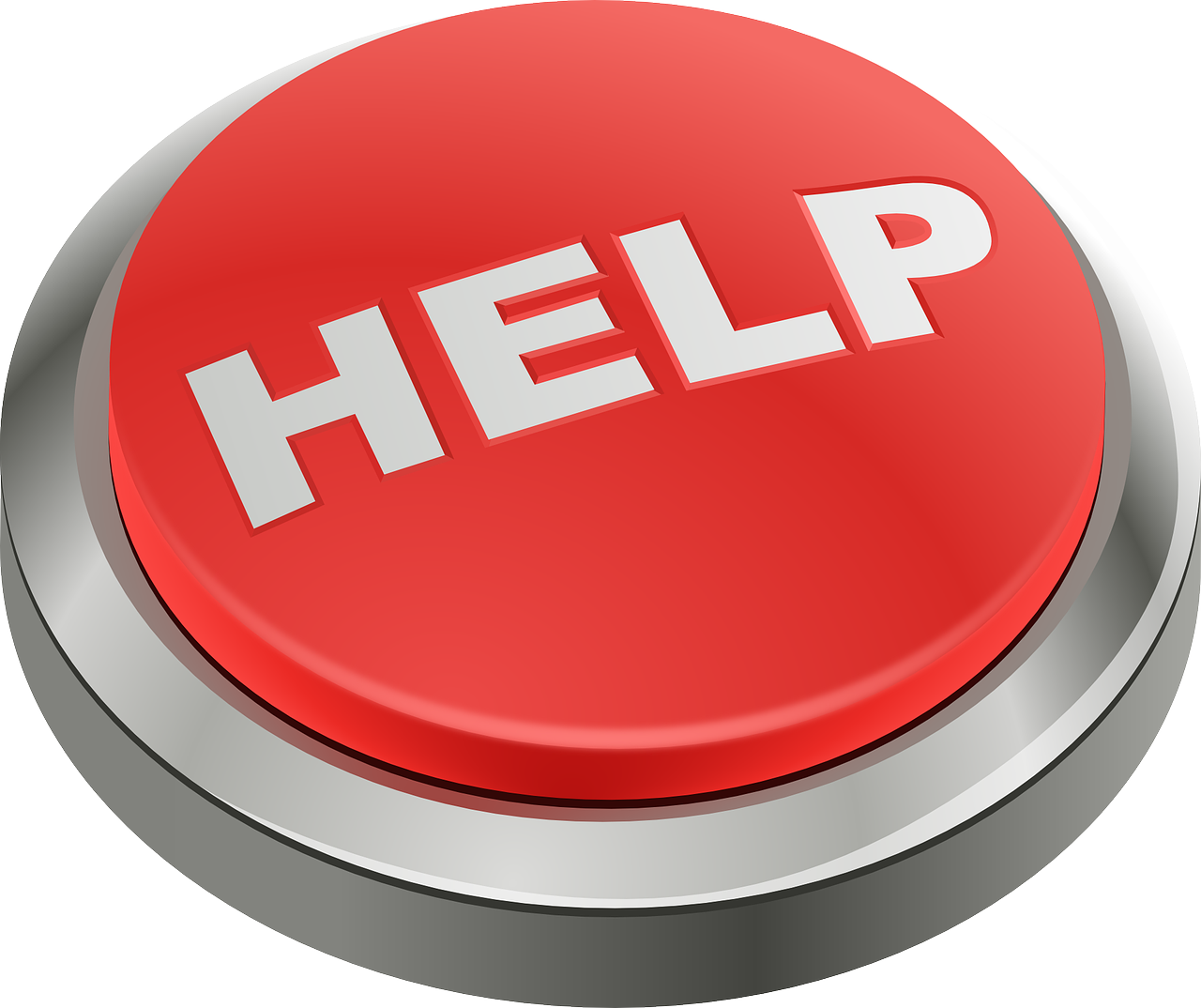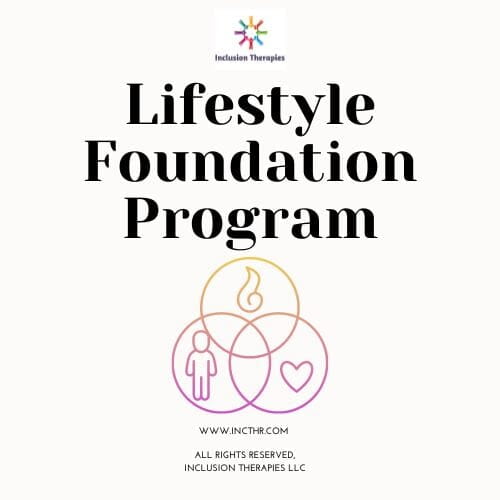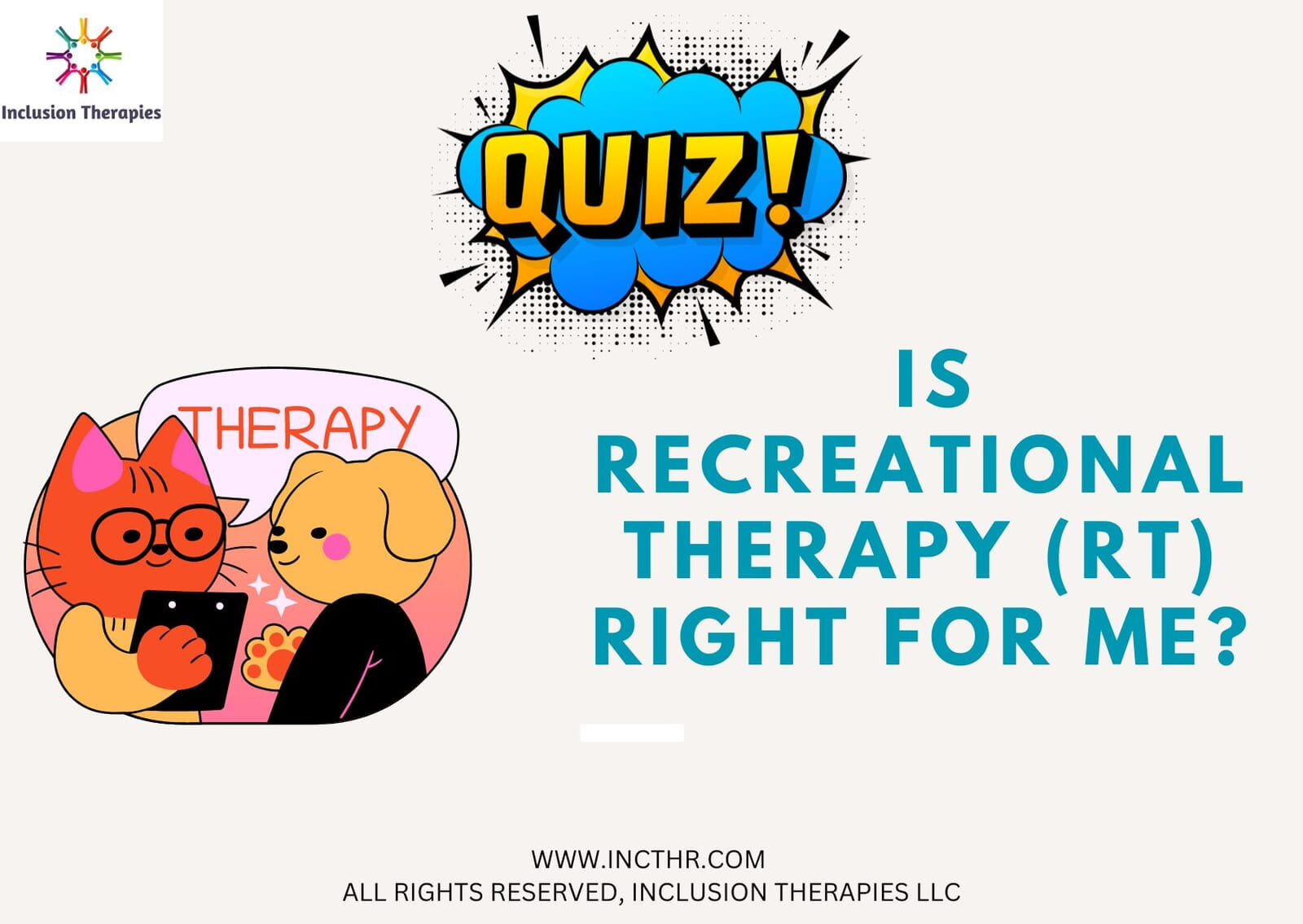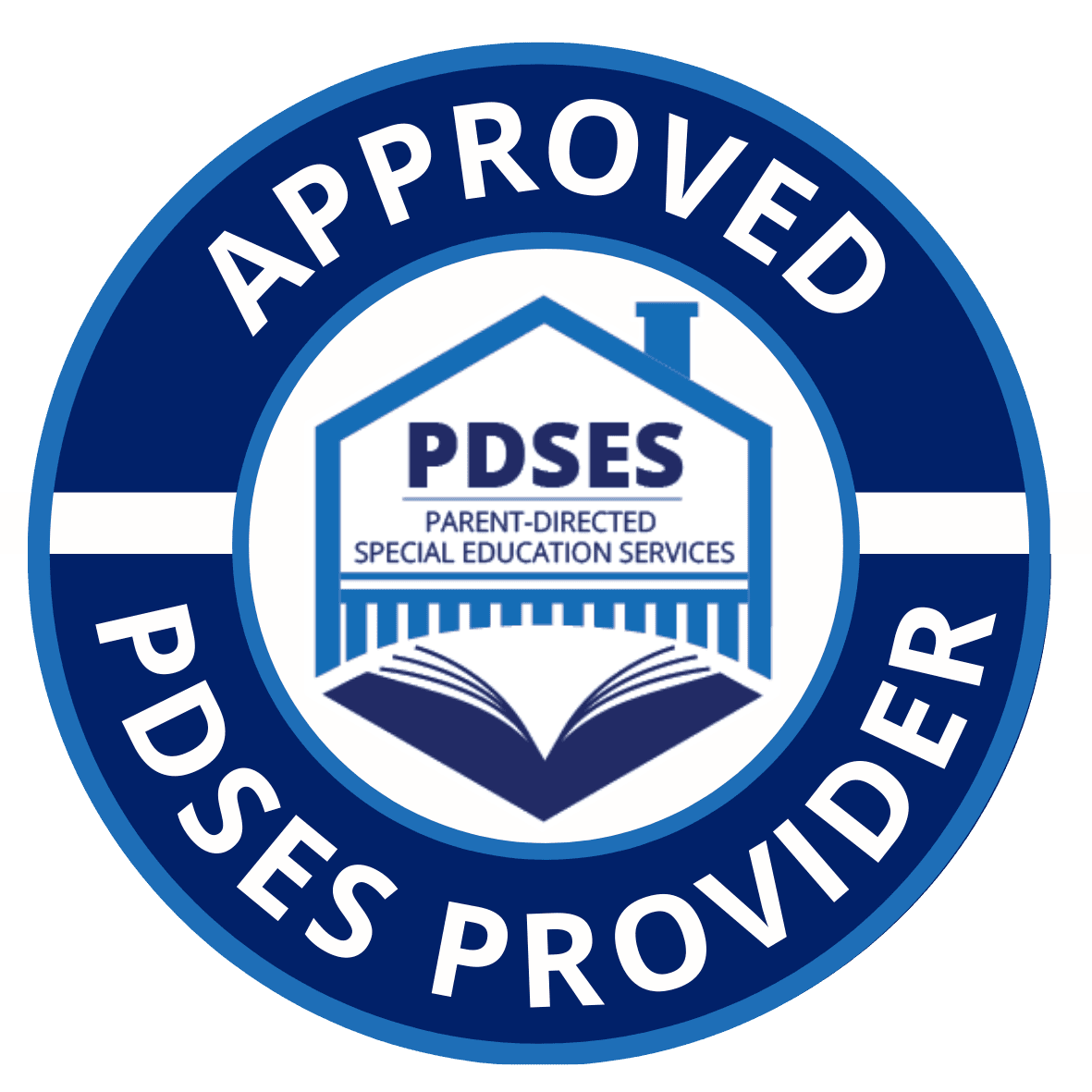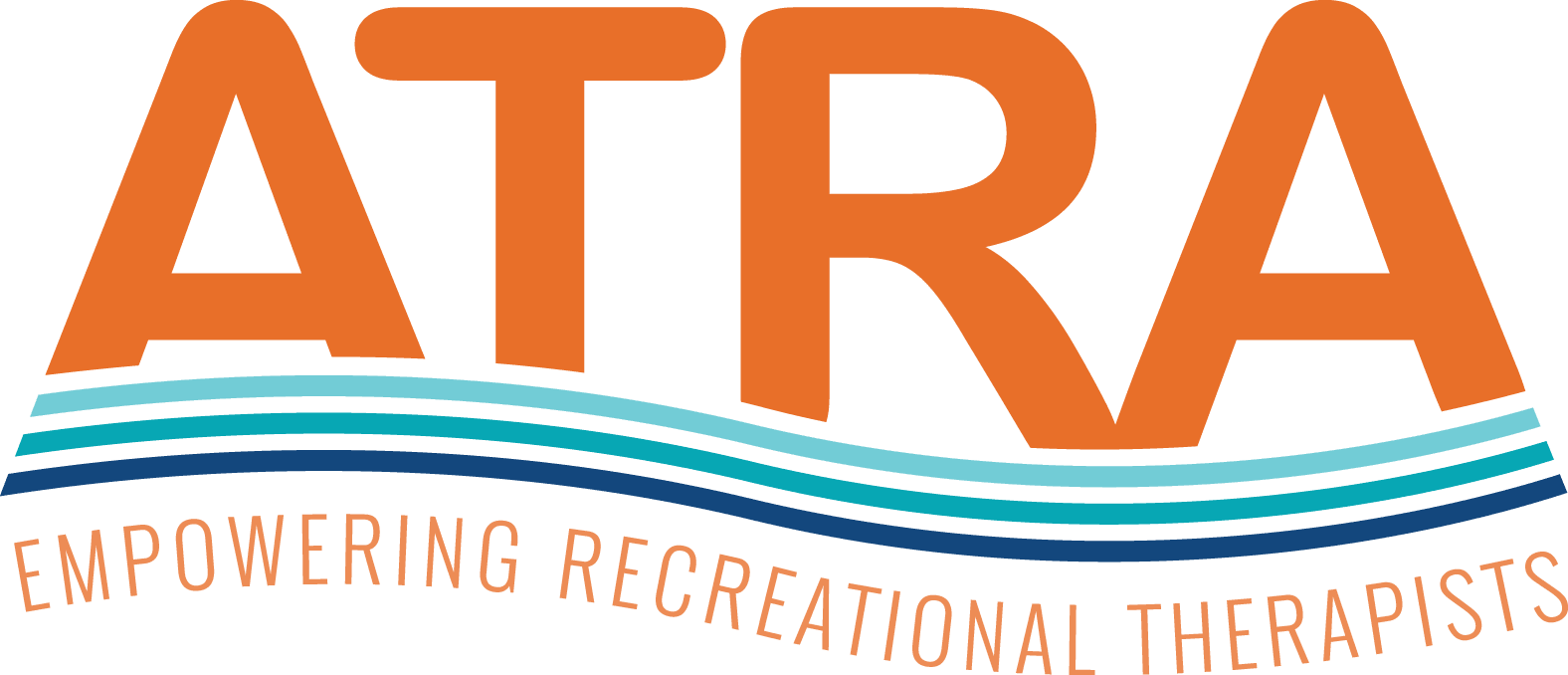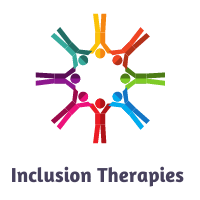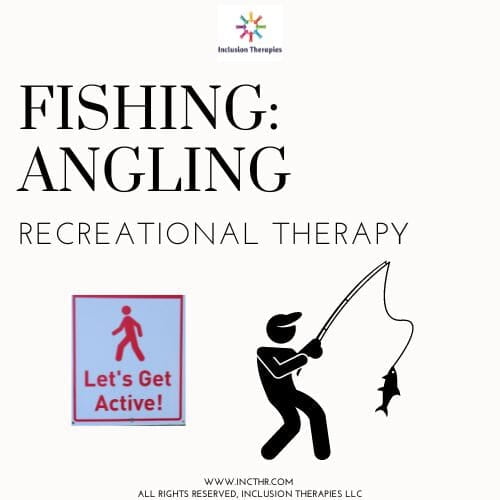
Treatment Activity
Fishing: Angling
Recreational Therapy
To Start Fishing Recreational Therapy:
1. Sign up for membership (which includes automatic enrollment in the Lifestyle Foundation Program).
2. In your first session Assessment, share with the Recreational Therapist that you enjoy fishing as a therapy activity technique.
3. After your Assessment, you will schedule private and/or group fishing recreational therapy sessions. We use a variety of locations including our Lake Travis Center and Mary Quinlan Park on Lake Austin.
"Participation in outdoor recreational fishing has a significant prevention effect on anxiety disorder."
- The Preventive Effect of Outdoor Recreational Fishing on Anxiety Disorder, Yanheng Zhou and Zhineng Hu, E3S Web Conf., 409 (2023) 06001, DOI: https://doi.org/10.1051/e3sconf/202340906001
FAQ: Fishing - Angling
Fishing is "the sport or job of catching fish[.]"
Fishing methods include using nets, traps, hands (read Texas laws here).
Angling is a type of fishing method.
Angling is "the sport of trying to catch fish with a rod, line (= plastic thread), and hook (= curved piece of wire)[.]"
We only use Angling at Inclusion Therapies.
In our therapy sessions, we only practice "Catch and Release" angling.
From the United States, National Park Service, "In catch and release fishing anglers immediately release native fish - unharmed - back to the water where they are caught. When done correctly, catch and release methods result in high survival rates[.] Learn the proper techniques and you’ll soon be catching and releasing fish in a safe, humane way."
From the United States National Oceanic and Atmospheric Administration, "The actions you take before, during, and after you land a fish can improve the chances of survival, keep fish populations healthy, and keep fishermen fishing."
Brochure on Ethical Angling from the North Carolina Division of Marine Fisheries.
Yes.
Please obtain a Texas fishing license from Texas Parks and Wildlife. We will verify it prior to the first session.
No.
If you have gear/ tackle, please bring it to the session.
If not, we will have gear/ tackle (rods, etc.) for you to use.
First time fishing? U.S. Fish and Wildlife Tips and Texas Parks and Wildlife Fishing for Beginners
Educational Video from Brigham Young University (BYU):
"[T]his study found that considerable health and well-being benefits can be gained through involvement in recreational fishing. Encouraging young children, youth, adults and families to fish offers a cost effective and healthful outdoor recreational activity that can be enjoyed throughout life. Benefits were evident for individuals and groups. Recreational fishing was also noted to provide significant benefits to children and youth with behavioural and mental health issues."
- McManus, Alexandra and Hunt, Wendy and Storey, Jessica and White, James. 2011. Identifying the health and well-being benefits of recreational fishing. Report No. 2011/217, Curtin University of Technology, Centre of Excellence for Science, Seafood & Health (CoESSH).
"Fishing can benefit not only veterans and people with disabilities, but all people. Wolz (2013) found fishing provided health benefits for young people because anglers are interacting with nature and replacing sedentary electronic leisure activities with outdoor activity. The study also showed fishing had positive impacts on antisocial behavior. A scoping study done by McManus and colleagues (2011) suggested hyperactive children can sit calmly by the water for extended periods. The study also noted that children who have trouble communicating verbally enjoy fishing. “Recreational fishing is one of the few outdoor activities that can be enjoyed regardless of age, ability and, to a large extent, mobility” (Wolz, 2013)."
- Fly Fishing: One Approach to Assisting Veterans, Andrew Hildreth, YMCA of Central Kentucky, Raymond Poff, Western Kentucky University, Eric Knackmuhs, Western Kentucky University, Brandon Schu, Monroe County YMCA, Lizzy Gardner, Lees-McRae College, Kentucky SHAPE Journal Vol. 57 No. 1, Page 30
"The benefits and constraints to angling participation experienced by recreational anglers with and without disabilities were compared in this study. [...]Anglers with disabilities were older and more often retired than anglers without disabilities, but there were no differences in angling frequency between angler groups. The social and self-improvement benefits associated with recreational fishing were higher for anglers with disabilities compared to anglers without disabilities, and anglers with disabilities experienced significantly more and different constraints to participation."
-Freudenberg, P., & Arlinghaus, R. (2009). Benefits and Constraints of Outdoor Recreation for People with Physical Disabilities: Inferences from Recreational Fishing. Leisure Sciences, 32(1), 55–71. https://doi.org/10.1080/01490400903430889
"The purpose of this study was to examine the outcomes of a therapeutic fly-fishing program for veterans with combat-related disabilities. A total of 40 veterans participated in the 4-day therapeutic fly-fishing program and this study. The outcomes examined included reducing symptoms of posttraumatic stress (PTS), depression, perceived stress, functional impairment (i.e., work, relationships, physical, and everyday life), increasing self-determination, and leisure satisfaction.[...]The results indicated significant decreases from the pretest to posttest for symptoms of PTS, depression, perceived stress, and functional impairment, and an increase in leisure satisfaction from pretest to 3-month follow-up. These results highlight the use of therapeutic recreation programming for veterans with disabilities as a holistic approach to treatment and recovery."
- Bennett, J.L., Piatt, J.A. & Van Puymbroeck, M. Outcomes of a Therapeutic Fly-Fishing Program for Veterans with Combat-Related Disabilities: A Community-Based Rehabilitation Initiative. Community Ment Health J 53, 756–765 (2017). https://doi.org/10.1007/s10597-017-0124-9
- Add minor children under 18 for an additional $49 per month per child (to share one membership together).
- Add adults over 18 for an additional $99 per month per adult (to share one membership together).
All New Members are Enrolled in our Lifestyle Foundation Program
The program is 2-6 months (based on client goals and plan) and is paid via monthly membership subscription.
Members may pause or cancel membership subscription at any time
(cancellation effective at the conclusion of their current prepaid month).
"Health care extends beyond pills and medical devices."
- Baker, D. L., & Dye, C. (2017). Prescribing Experience: Discussion of Recreational Therapy as Health Care. Journal of Disability & Religion, 21(3), 296–318. https://doi.org/10.1080/23312521.2017.1326875
